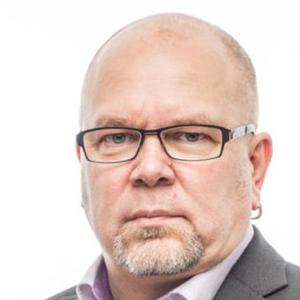Ageing societies need to extend working lives and EIWO pushes the boundaries of knowledge about late working life and the potential of its inclusive and equal prolongation.
This is done via a theoretically driven, gender-sensitive combination of multi-level perspectives.
A life-course approach
EIWO takes a life-course approach on exclusion and inequality by security of tenure, quality of work, workplaces and their consequences. EIWO identifies life-course policies promoting life-long learning processes and flexible adaptation to prolong working lives and to avoid increased exclusion and inequality.
Five objectives of EIWO
It provides evidence for policies to ensure both individual, company and societal benefits from longer lives, and it has five objectives:
- To produce new knowledge on chances and limits of longer working lives through investigating nature, sources and effects of exclusion and inequalities in Sweden and Europe with a focus on workplaces as the decisive level to realise late exits in practice
- To assess policy, institutional and corporate-level influences on unequal employment chances and life-long learning opportunities, security levels and their impact on late work trajectories.
- To gain an in-depth understanding of how earlier life courses influence and structure perceptions and accumulations of inequality and disadvantage
- To inform Swedish social and employers’ policies for inclusive and fostering labour markets by an enhanced understanding of alternative practices within Europe
- To propose policies to minimise risks that cumulate over the life course and to mitigate exclusion and inequalities in late working life
- The programme builds on current and previous research as well as on an international network of senior and junior scholars. Added value comprises theoretical advances, methodological innovation and impact on EU- and national labour market and branch- and company policy.
Research and international scholars
The programme builds on current and previous research as well as on an international network of senior and junior scholars. Added value comprises theoretical advances, methodological innovation and impact on EU- and national labour market and branch- and company policy.





